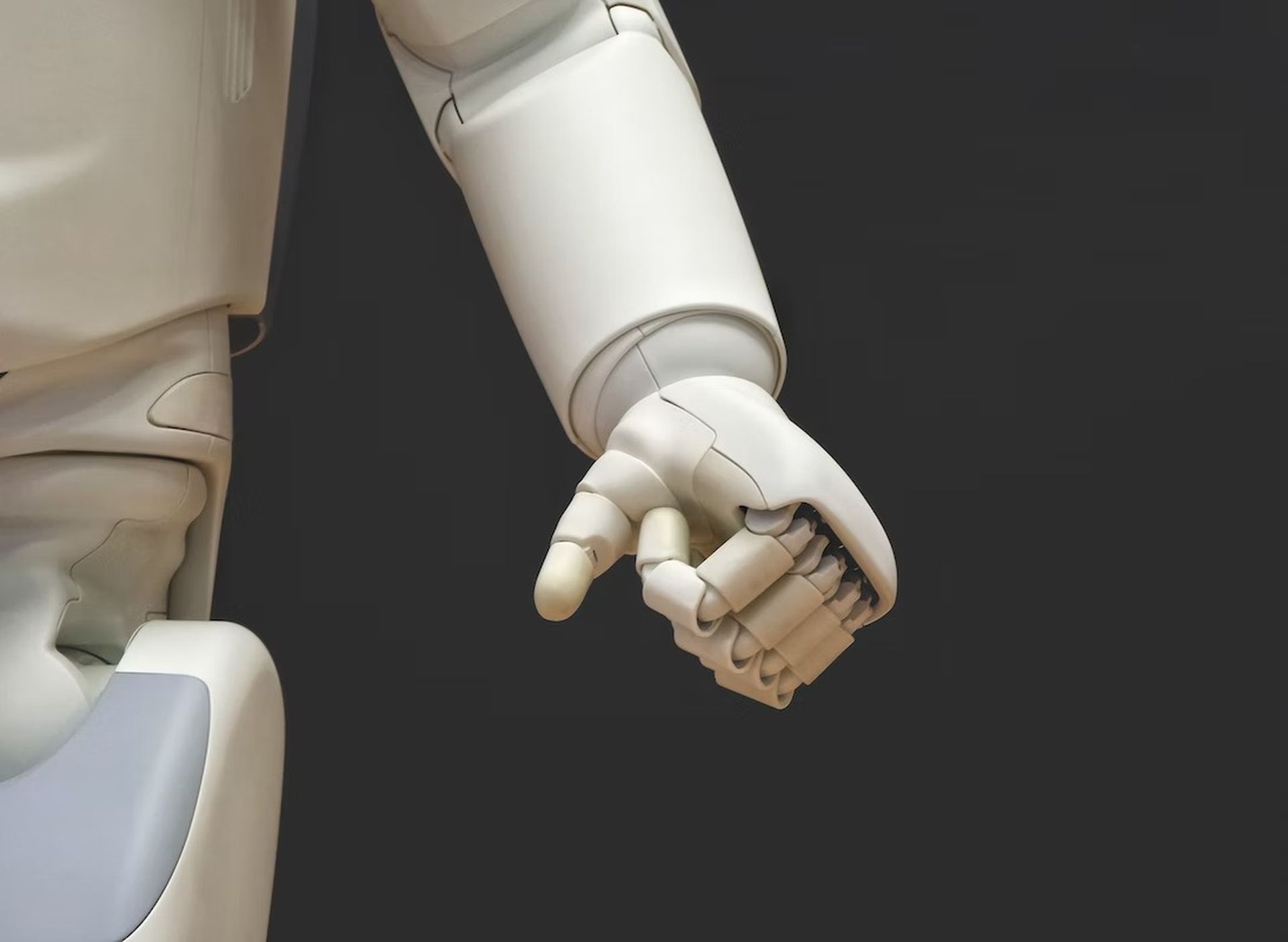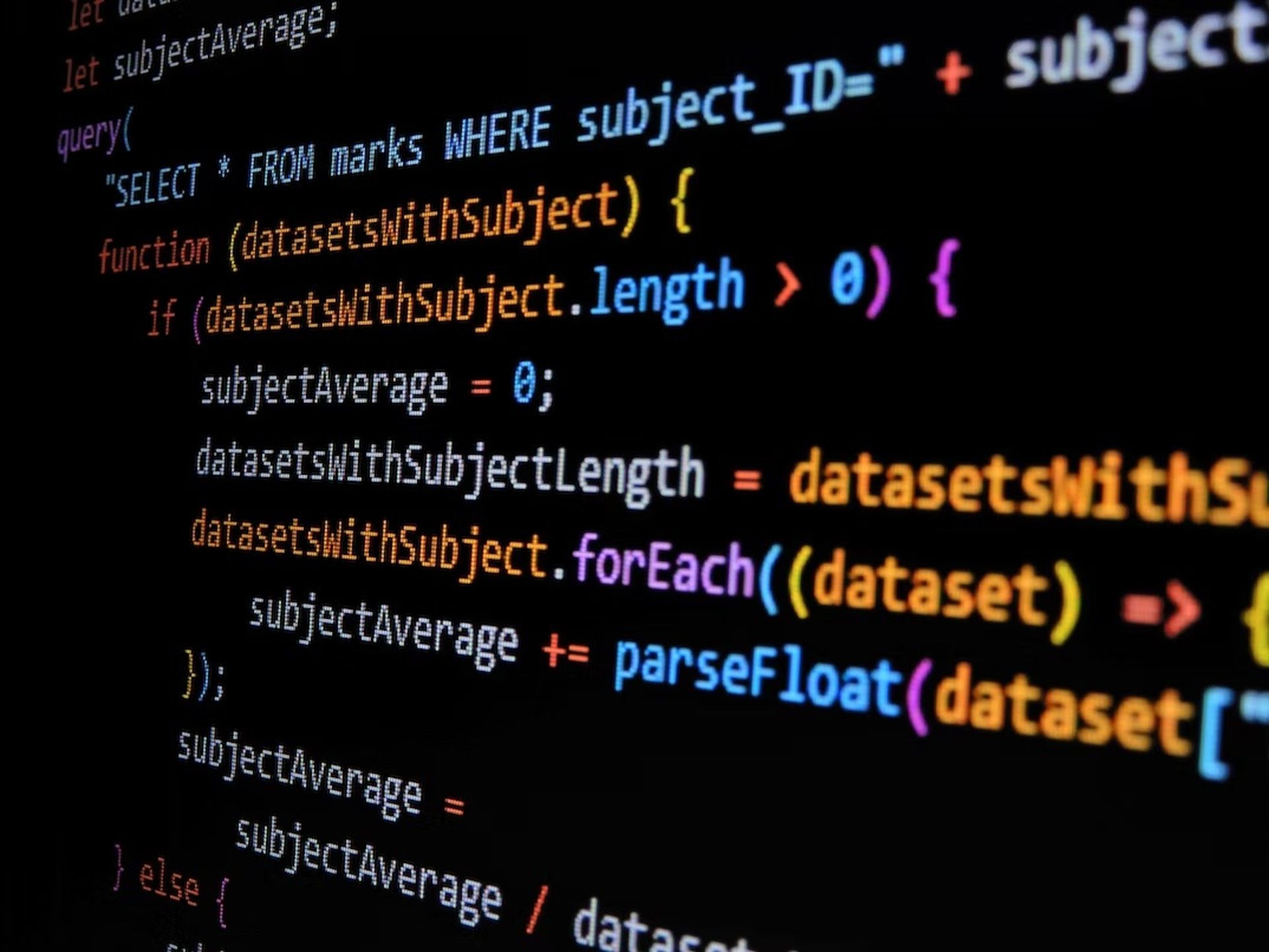- Open-source AI regulation is mentioned in the Artificial Intelligence Act (AIA), which is now under discussion in the EU.
- However, severely restricting the usage, sharing, and distribution of general-purpose, open-source AI (GPAI) might be seen as a step backward.
- Liberty to communicate open-source information licenses, such as the MIT license, are designed to share knowledge and concepts rather than retail selling finished, tried-and-true goods.
- Expanding the open-source GPAI researchers and developers’ legal obligations only hinders technological innovation and development.
EU’s Artificial Intelligence Act (AIA), which is currently being discussed, makes reference to the regulation of open-source AI. However, putting severe limitations on the use, sharing, and distribution of open-source general-purpose AI (GPAI) can be considered a backward move.
Aim of EU’s Artificial Intelligence Act
The only way that humanity has been able to advance technology at such a rapid rate is through open-source culture. Only lately have AI researchers been able to embrace publishing their source code for more openness and verification; nevertheless, limiting this trend may reverse the cultural advancements the scientific community has achieved.

It takes a lot of energy and works to bring about a cultural transformation in the community; therefore, pushing this aside will most likely be demoralizing for most. The proposed modifications to the Artificial Intelligence Act as a whole need to be carefully reviewed, and they have reverberated across the open-source AI and technology community.
The proposed regulatory structure for the Artificial Intelligence Act’s two aims, in particular, stand out:
- “ensure legal certainty to facilitate investment and innovation in AI”
- “facilitate the development of a single market for lawful, safe and trustworthy AI applications and prevent market fragmentation”
GPAI regulations in Artificial Intelligence Act would appear to contradict these claims. Innovation and information exchange are encouraged at GPAI without concern for costly and negative legal ramifications. Therefore, rather than establishing a safe market resistant to fragmentation, a number of strict regulatory restrictions that simultaneously impede open-source development and further monopolize the development of AI with the major tech giants may really take place.
Should open-source development of AI be regulated more strictly?
This is more likely to result in a less transparent market, making it more challenging to determine whether AI applications are “lawful, safe, and trustworthy.” Naturally, none of this is beneficial to GPAI. Instead, the discrepancy that such impositions might create would give the big firms more power, which is an increasing and unsettling fear.
It’s also vital to recognize that some people could interpret this opposition to the changes as an attempt by businesses to get around rules. Regulations, such as the Artificial Intelligence Act, are undoubtedly necessary to stop risky misconduct. Will AI get into the wrong hands if there are no regulations?

It’s a legitimate worry, and certainly, rules are necessary. But rather than applying this law to all models at once, it should be done so application-by-application. Instead of regulating open source at its source and limiting innovation, each model should be assessed for its potential for damage and governed accordingly.
EU lawmakers are urging for Crypto Taxation to fight evasion
The execution of this deed is nuanced, complicated, and multi-dimensional. And even those who concur overall differ in other respects. The fact that GPAI is accessible to the public is a major sticking point, though. The primary driver of advancement, transparency, and technological development for societal benefit, both collectively and individually, over commercial gain is this open, collaborative method.
Freedom to share information
Open-source licenses like the MIT license are intended for information and idea sharing, not for the sale of polished, tried-and-true products. As a result, they shouldn’t be handled similarly. It is true that the ideal regulatory mix is required. This is specifically to increase the dependability and openness of how these AI models have been developed, what kinds of data have been used to train them, and whether there are any known restrictions. However, this must not come at the expense of jeopardizing the freedom of information exchange.

The Artificial Intelligence Act’s structure should be geared toward encouraging users of open-source software to exercise greater caution and carry out their own study and testing before making it available to a large audience. This can catch the bad actors who seek to leverage the work of the creators in commercial endeavors without doing any more investigation or applying quality standards.
Plans for the EU-wide Cyber Resilience Act have been unveiled
Actually, it should be the end developer’s accountability and responsibility to thoroughly inspect everything before delivering it to the consumer. These are the individuals who will ultimately profit financially from open-source initiatives. However, the framework does not explicitly seek to achieve this in its current state. The core principle of open source is to exchange information and expertise for personal and noncommercial purposes freely.
Expanding the open-source GPAI developers’ and researchers’ legal responsibilities only serves to stifle advancement and innovation in technology. It would deter developers from exchanging knowledge and ideas, making it even more difficult for new businesses or aspirants to have access to cutting-edge technology. They won’t be able to build their own knowledge or be motivated by what others have acquired.





